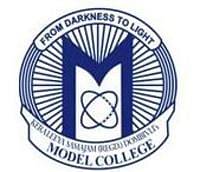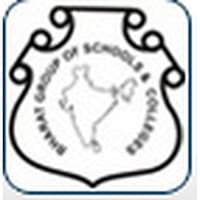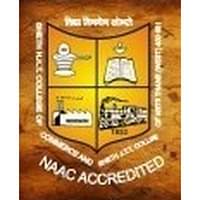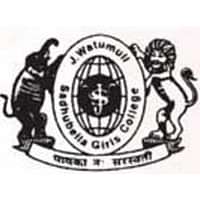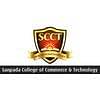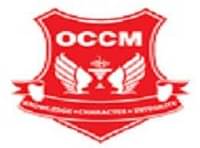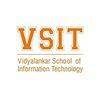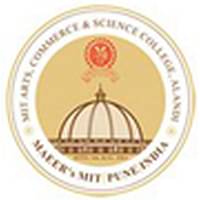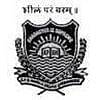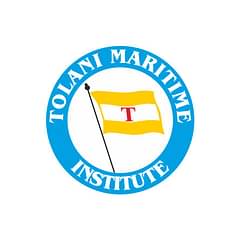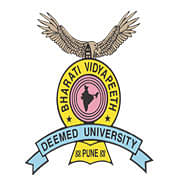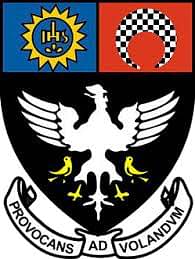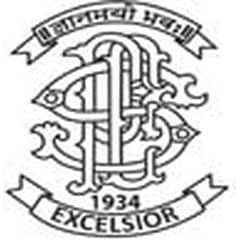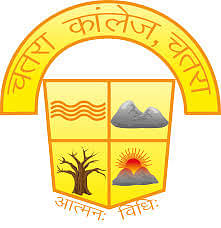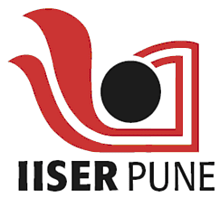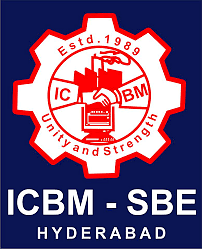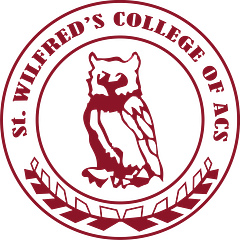Padmashri Annasaheb Jadhav Bharatiya Samaj Unnati Mandals Bhiwandi Nizampur Nagarpalika Arts Science & Commerce College Bhiwandi Dist Thane 421 305." BSc Fees
Padmashri Annasaheb Jadhav Bharatiya Samaj Unnati Mandals Bhiwandi Nizampur Nagarpalika Arts Science & Commerce College Bhiwandi Dist Thane 421 305." BSc is a 3 Years programme offered in specializations like Microbiology, Computer Science, Information Technology, General Sciences, Biotechnology. Padmashri Annasaheb Jadhav Bharatiya Samaj Unnati Mandals Bhiwandi Nizampur Nagarpalika Arts Science & Commerce College Bhiwandi Dist Thane 421 305." BSc admission 2024 will be based on Maharashtra HSC, CBSE 12th.
5 Courses are offered by B.N.N. College (Arts, Science & Commerce)
BSc in Biotechnology (Science)
BSc in Computer Science (CS) (Science)
BSc in Information Technology (IT) (Science)
BSc in Microbiology (Science)
BSc in General Sciences (Science)
Padmashri Annasaheb Jadhav Bharatiya Samaj Unnati Mandals Bhiwandi Nizampur Nagarpalika Arts Science & Commerce College Bhiwandi Dist Thane 421 305." BSc Eligibility Criteria
To be eligible for the B.Sc. (Bachelor of Science) degree program at Padmashri Annasaheb Jadhav Bharatiya Samaj Unnati Mandals Bhiwandi Nizampur Nagarpalika Arts Science & Commerce College Bhiwandi Dist Thane 421 305, candidates must have completed their higher secondary education (10+2) or any equivalent examination from a recognized board or university. They should have studied science subjects such as Physics, Chemistry, and Biology/Mathematics as part of their curriculum. Additionally, applicants must meet the minimum required percentage set by the college for admission, which may vary depending on the availability of seats and competition. Meeting these eligibility criteria will enable students to pursue a comprehensive and rewarding B.Sc. degree program at the esteemed institution.
B.N.N. College (Arts, Science & Commerce) BSc Admission 2024
Admission to the BSc at B.N.N. College (Arts, Science & Commerce) is subject to meeting the eligibility criteria and the candidates have to secure a valid score in CBSE 12th, Maharashtra HSC. All shortlisted candidates have to complete the B.N.N. College (Arts, Science & Commerce) BSc admission process by getting their documents verified and paying the admission fee.
B.N.N. College (Arts, Science & Commerce) BSc Application Process
B.N.N. College (Arts, Science & Commerce) BSc application form has to be submitted online by visiting the official website. Candidates aspiring to take admission to the BSc course at B.N.N. College (Arts, Science & Commerce) have to first check and meet the eligibility criteria and then proceed further with the application process.
Steps to fill B.N.N. College (Arts, Science & Commerce) BSc application form:
- Step 1: Visit the official website of B.N.N. College (Arts, Science & Commerce) and click on ‘apply online’.
- Step 2: Now, you will be redirected to the admission page of B.N.N. College (Arts, Science & Commerce). Complete the registration process and create a profile.
- Step 3: Fill in all details available in the B.N.N. College (Arts, Science & Commerce) BSc application form.
- Step 4: Now pay the B.N.N. College (Arts, Science & Commerce) BSc application fee and click on submit button.
- Step 5: After the submission, keep a hard copy of B.N.N. College (Arts, Science & Commerce) BSc Application Form.
Documents Required for B.N.N. College (Arts, Science & Commerce) BSc Admission:
- Marks sheet of class 10th standard
- Marks sheet of class 12th standard
- Transfer certificate (if required)
- Character certificate
- Passport-size photographs
Top Courses at B.N.N. College (Arts, Science & Commerce)
B.N.N. College (Arts, Science & Commerce) Reviews
Overall: Diverse student body and engaging social activities enhance campus life. Events, clubs, and cultural exchanges create opportunities for networking and friendships.
Placement: Collaborations with industry partners, internships, and experiential learning opportunities enhance students' employability and exposure to real-world challenges.
Infrastructure: A variety of clubs and organizations cater to different interests, from academic and professional to recreational and cultural.Modern facilities, including classrooms, libraries, labs, and recreational spaces, contribute to a conducive learning environment.
Faculty: In campus Competent, accessible, and supportive faculty members make a significant difference. Their expertise and guidance shape students' learning journeys.
Hostel: Hostel facilities typically offer various room configurations, including single, double, or dormitory-style rooms. They should provide basic amenities like beds, study desks, storage space, and communal areas for socializing
Explore More Engineering Colleges in Maharashtra
By Degree
By Specialization
By Specialization
- Colleges in Thane
- Padmashri Annasaheb Jadhav Bharatiya Samaj Unnati Mandals Bhiwandi Nizampur Nagarpalika Arts Science & Commerce College Bhiwandi Dist Thane 421 305."
- Padmashri Annasaheb Jadhav Bharatiya Samaj Unnati Mandals Bhiwandi Nizampur Nagarpalika Arts Science & Commerce College Bhiwandi Dist Thane 421 305." Courses & Fees
- B.Sc. (Bachelor of Science)










